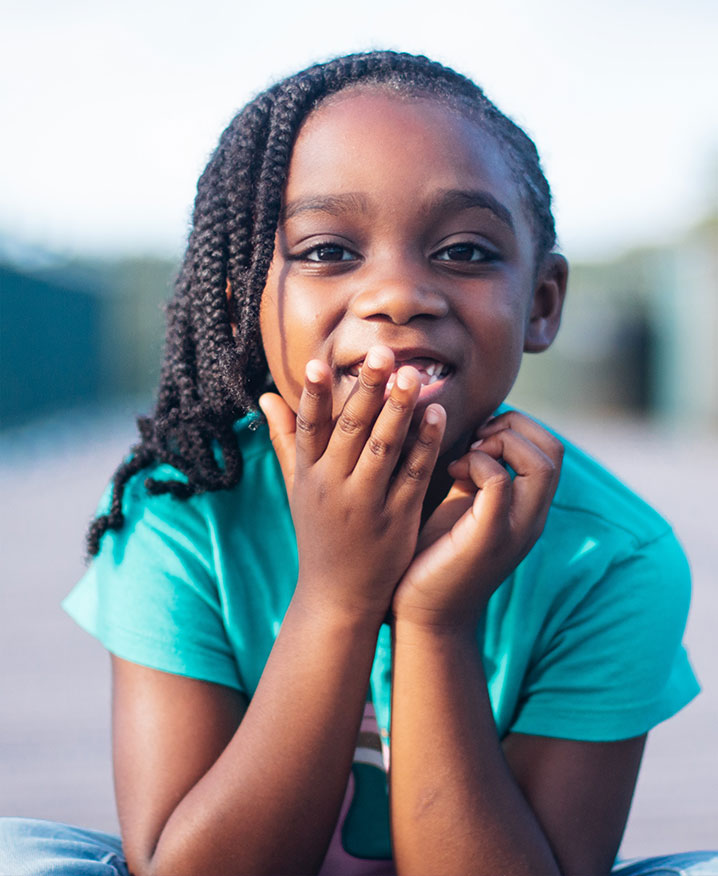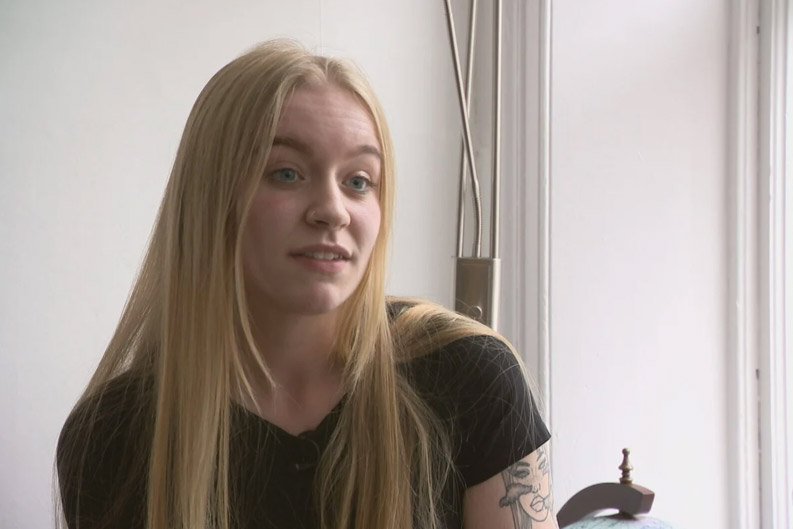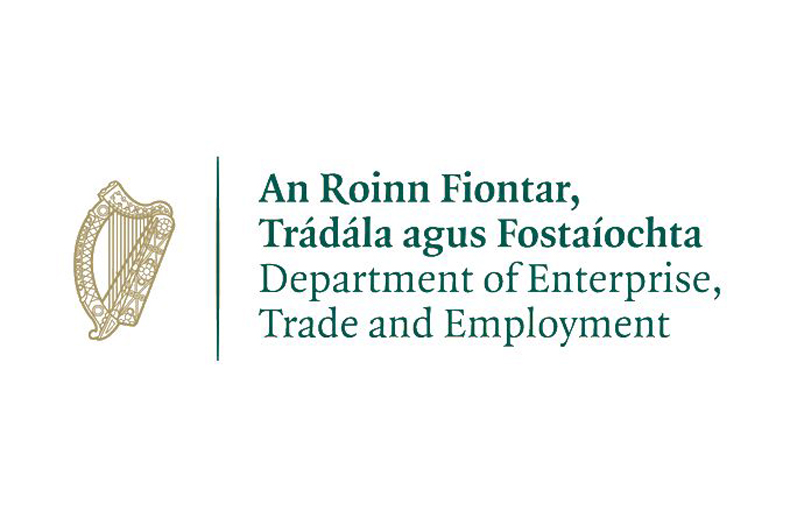
Stark warning to parents from woman blackmailed into sharing naked photos at age 10
A young woman who was blackmailed into sending hundreds of naked photos of herself online as a child has issued a stark warning to parents about children’s unmonitored access to the internet.
Orla Stewart has detailed what she went through as part of the launch of an online platform for parents and guardians to share examples of harmful online language experienced by children.
The aim of the platform is to inform new child-protection software for mobile phones.
It has been launched by the DCU Anti-Bullying Centre and the ADAPT centre of the Science Foundation of Ireland along with Cilter software company.
Amárach research, conducted among 900 parents of children aged 5-17, to coincide with the launch of the online platform, found that:
- 80% of parents of children, aged 11-plus, with smartphones, say their child’s internet access is only sometimes or never supervised;
- Over 85% of children, aged 11-plus, with smartphones can use them in their bedrooms;
- 15% of parents had suspicions their child had experienced cyberbullying, harmful content, or explicit images online but had been or felt unable to deal with it;
- Over 70% of 5- to 8-year-olds (junior infants to second class) have access to a smartphone.
Orla Stewart, from Meath, now 21, met a man in an internet chatroom when she was just 10, having moved to France with her parents. He asked her initially to send him naked images of herself, which she did, aged just 11.
He subsequently demanded others, threatening first that he would end their contact if she refused. He later threatened to send the pictures “everywhere” unless she sent more. She admits now her images could have been forwarded to paedophiles.
After sending him hundreds of images, she eventually told her mother, after making a number of suicide attempts and incidents of self-harm. They reported the issue to police in France and to gardaí after moving back to Ireland. However, the man has never been caught.
She believes now he may have been in his early 20s at the time, from her recollection of him on video calls. She never met him.
She would lock her bedroom door when online with him, to prevent her family finding out.
“I was intending on keeping it a secret forever. The fear of my parents getting angry, disappointed, the fear of the unknown. The shame.”
Ms Stewart says she blamed herself for many years, before realising just two years ago she was only a child when it happened.
She believes it is very difficult to fully police children’s use of the internet, but says: “It needs to be monitored as much as possible. Talk to your child on a regular basis about these things. It is an uncomfortable subject but you have to keep doing it. You do need to relate kids to people like me. You need to show them the reality of what could happen.”
Submissions to the platform can be made at kidsonlinesafetyresearch.ie.
Recent Release
We don't keep any information that could identify someone.
Need help or
would like to
talk to someone?
- If you or your child feels the need to talk to anyone about thoughts, emotions, or anything that may be associated with these issues, please consider him/her/they calling Childline on 1800 66 66 66 or the ISPCC special line 1800 400 100.
- If you would like to talk to a professional (someone whose job it is to help children and adults), please contact the ISPCC’s Support Line service can be contacted by email to parentingsupport@ispcc.ie or between 9am – 1pm Monday – Friday by calling 01 522 4300.
- If you would like to report the incident you anonymously described in the form, you can do so by contacting TUSLA, Child Protection Agency.











